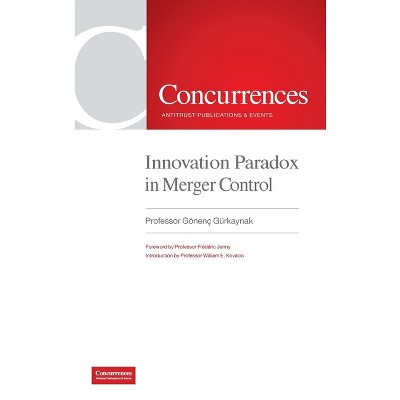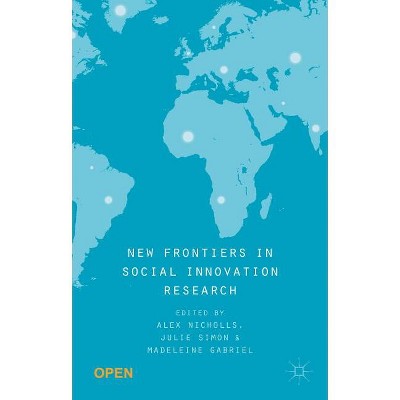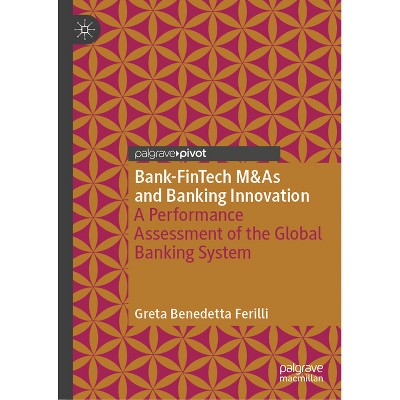Innovation Paradox - by Xavier Cirera & William F Maloney (Paperback)

About this item
Highlights
- Since Schumpeter, economists have argued that vast productivity gains can be achieved by investing in innovation and technological catch-up.
- About the Author: The World Bank came into formal existence in 1945 following the international ratification of the Bretton Woods agreements.
- 214 Pages
- Business + Money Management, Industries
Description
About the Book
This book is the first volume of the World Bank Productivity Project, which seeks to bring frontier thinking on the measurement and determinants of productivity to global policy makers.Book Synopsis
Since Schumpeter, economists have argued that vast productivity gains can be achieved by investing in innovation and technological catch-up. Yet, as this volume documents, developing country firms and governments invest little to realize this potential, which dwarfs international aid flows. Using new data and original analytics, the authors uncover the key to this innovation paradox in the lack of complementary physical and human capital factors, particularly firm managerial capabilities, that are needed to reap the returns to innovation investments. Hence, countries need to rebalance policy away from R and D-centered initiatives - which are likely to fail in the absence of sophisticated private sector partners - toward building firm capabilities, and embrace an expanded concept of the National Innovation System that incorporates a broader range of market and systemic failures. The authors offer guidance on how to navigate the resulting innovation policy dilemma: as the need to redress these additional failures increases with distance from the frontier, government capabilities to formulate and implement the policy mix become weaker. This book is the first volume of the World Bank Productivity Project, which seeks to bring frontier thinking on the measurement and determinants of productivity to global policy makers.
About the Author
The World Bank came into formal existence in 1945 following the international ratification of the Bretton Woods agreements. It is a vital source of financial and technical assistance to developing countries around the world. The organization's activities are focused on education, health, agriculture and rural development, environmental protection, establishing and enforcing regulations, infrastructure development, governance and legal institutions development. The World Bank is made up of two unique development institutions owned by its 185 Member Countries. The International Bank for Reconstruction and Development (IBRD) focuses on middle income and creditworthy poor countries and the International Development Association (IDA), which focuses on the poorest countries in the world.Shipping details
Return details
Trending Non-Fiction











